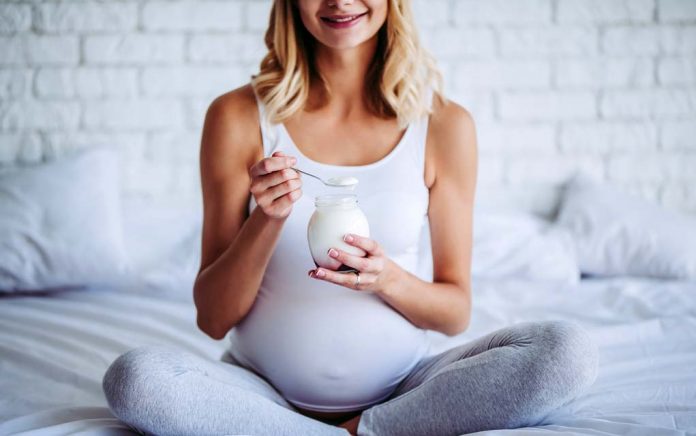
Pregnancy is a time when most women are far more vigilant about what they put into their bodies. While many women are interested in taking supplements to support their prenatal health during pregnancy, there is also a lot of confusion about which supplements are safe to take and which ones are better left alone. The following list includes categories of pregnancy supplements you should avoid during pregnancy unless you have approval from your health care professional, as well as those that are safe to consume during this time.
Supplements to Be Careful with During Pregnancy:
Herbs
Herbs can be wonderful tools to help restore health when used properly. However, many are contraindicated because they can either promote miscarriage or interfere with the normal functioning of the body during pregnancy. Although certain herbs are safe during pregnancy, such as red raspberry leaf and ginger root, err on the side of caution and only follow the advice of a trained herbalist to avoid potential problems. If you are not currently working with a professional herbalist, a naturopathic doctor, or other specialist who can confirm the safety of your chosen herb, it is best to simply avoid using them.
High Dose Vitamins & Minerals
Although most vitamins and minerals (in moderate doses) are safe to use during pregnancy, it is wise to avoid mega dosing of any for several reasons. Oftentimes, large doses of specific vitamins or minerals can be damaging such as copper, iron, or vitamin A, possibly creating toxicity. In addition, supplying large amounts of single nutrients can sometimes cause an imbalance to the delicate ratio of nutrients in the body. For proper dosage requirements during pregnancy, see Staying Healthy with Nutrition by Elson Hass.
Weight Loss Aids
Pregnancy is a time when reasonable weight gain is normal and necessary to foster the development of a healthy fetus. Strictly avoid taking any supplement that suggests weight loss because some can decrease appetite or increase body temperature in a pregnant woman. Neither are recommended during pregnancy.
Amino Acids
Amino acids are another category of supplements that should only be used under the supervision of a trained specialist. Otherwise they should be avoided during pregnancy.
Safe Supplements to Take During Pregnancy:
Prenatal Multi-Vitamin & Mineral
Prenatal supplements have been formulated with pregnant women in mind and include small doses of all of the major vitamins and minerals. Most formulas include extra folic acid and calcium as these nutrients are needed in larger amounts during pregnancy. Choose prenatal formulas carefully.
Enzymes
Digestive enzymes are safe to take when pregnant. They can actually aid digestion, which is often compromised during these nine and a half months. Taking enzymes can help with the heavy feeling many women experience after eating or with heartburn. Opt for enzymes without hydrochloric acid unless you are sure you need it. A multi-spectrum is a good choice.
Probiotics
Good bacteria, otherwise known as probiotics, are safe to take during pregnancy. These helpful and necessary bacteria are essential for the intestinal tract and are often useful for dealing with constipation or yeast overgrowth symptoms during pregnancy. [Editor's Note: Our sponsor, Bio-K+ makes a high-potency, well-researched probiotic that we highly recommend.]
Essential Fatty Acids
As long as fish oil has been purified – meaning cleaned of toxins and heavy metals – it is not only safe but recommended during pregnancy. Fish oil is a great source of very important fats called essential fatty acids that a fetus needs for proper brain and immune development. If you object to taking fish oil, other options include hemp oil or an omega-3 product containing algae. [Editor's Note: We recommend choosing a quality omega-3 fatty acid supplement from one of our sponsors, Barlean's, Carlson Labs, or Nordic Naturals.]
Homeopathy
Homeopathy is also considered safe during pregnancy. It is best to consult with a trained homeopath if you are unfamiliar with how it is used or which remedy may be appropriate for you. The good news is that many of the common pregnancy ailments women experience can be eliminated with simple and fast acting homeopathic remedies.
READ MORE: How to Get Your Post-Baby Body Back in Shape >>










